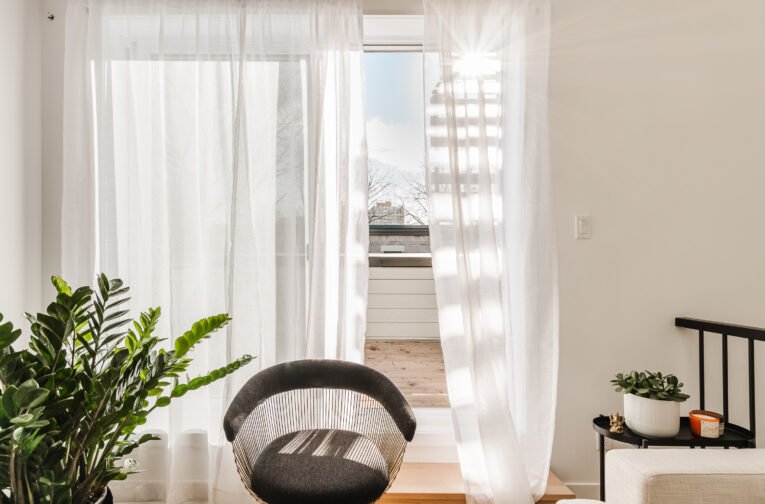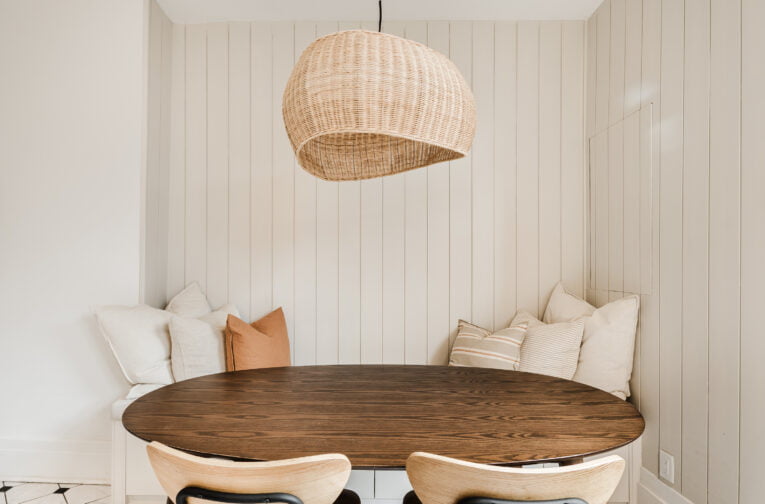A New Mexican Brunch in Montreal The Plateau-Mont-Royal has recently welcomed a new addition to its culinary scene: Piel Canela, a brunch restaurant that blends Latin flavors with Montreal‘s unique charm. Locate...
Courtier Immobilier Montréal Yanick E Sarrazin
Drop in Key Interest Rate to 4.50%: A Second Boost for the Montreal Real Estate Market Montreal, July 24, 2024 – As anticipated, the Bank of Canada announced today a second reduction of its key interest rate, bringing...
Setting up Your Terrace for the Summer Season: 5 Good Tips Here we are already in mid-July, a time when the desire to enjoy the outdoors and create a welcoming outdoor space is stronger than ever. For property sellers...
Categories: Real Estate Information
Bulla Café – Points Importants A New Address in Plateau-Mont-Royal At the entrance of this newly opened café-boutique on Le Plateau, next to our real estate broker’s office, an inscription grabs attention: BULLA...
Le Fullsun – Key Points A hint of Seoul in Montreal In Montreal, culinary diversity is at its peak, offering residents a plethora of options at every street corner. In this vibrant ecosystem, Fullsun stands out ...
Interest Rate Decrease to 4.75%: A Breath of Hope in the Montreal Real Estate Market Montreal, June 6, 2024 – Yesterday, the Bank of Canada announced the reduction of its key interest rate to 4.75%, a verdict that sug...
Categories: Real Estate News
La Bête à Pain – Key Points A gourmet address in Ahuntsic Ahuntsic, nestled north of Montreal, is teeming with gourmet treasures waiting to be discovered. Among them, stands out a true haven for lovers of authen...
Real Estate Trends – Key Points As the city slowly emerges from winter, our real estate brokers have meticulously scrutinized the emerging trends in the Montreal real estate market during the first quarter of 20...
A Treasure in the Heart of Rosemont-La-Petite-Patrie If you reside in Rosemont-La Petite-Patrie, you’ve likely heard of Bar Mamie, a neighborhood establishment located on Beaubien Street, at the intersection of ...
Categories: Montreal
What are the important factors to consider when purchasing a house? – Key Information The purchase of a property is much more than just a financial transaction; it’s a pivotal step that can shape your futu...











